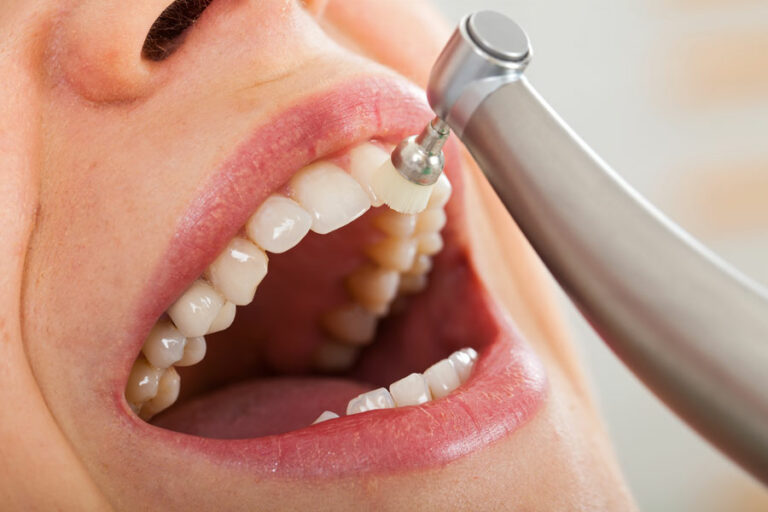Your smile is one of the first things people notice about you, and it can also help you to advance in your career and life. Making sure that your teeth and gums stay healthy involves more than just brushing and flossing. It requires regular visits to your family dentist, where your dentist can keep your smile healthy by preventing cavities, helping to reverse tooth decay, and also making sure that any oral health problems like gum disease are caught and treated early on.
What is Dental Health?
Dental health is a condition that affects the appearance, function, and health of teeth. Family dentists in Plymouth who treat both adult patients and pediatric patients are usually the first place people turn to when they need dental treatment. Dentistry has been around as long as humans have been around and will continue to remain successful as long as people need dental care. There will always be new innovations that improve the quality of life, such as advances in technology and medicine.
General dentistry in Plymouth is an area of dentistry where your dentist will work to prevent, diagnose, and treat oral health conditions, injuries, and diseases. General dentists are able to remove tartar buildup of plaque around the gum line if needed. They can also remove teeth that are damaged heavily due to decay or injury. Dental health is about more than just your smile. It’s about your overall health and well-being.
Good Oral Hygiene is Key to Healthy Teeth
Good oral hygiene is key to maintaining healthy gums and teeth. Brushing and flossing after every meal will help you build up a dental hygiene routine that can protect your teeth from cavities and other problems. Brush thoroughly for two minutes every time, using fluoride toothpaste and a soft, clean toothbrush.
Floss daily to keep food particles from damaging the teeth and gums. Schedule regular dental checkups so your dentist can look for any potential problems. It’s even more important to floss after every meal, or at least once a day, to remove food particles that can become trapped between teeth. If you have periodontal disease, your dentist may recommend specialized periodontal therapy to help address your personal dental hygiene needs.
While there are no guarantees that avoiding most types of sugars will prevent you from developing gum disease, it can help.
During pregnancy, it is normal to experience bleeding gums during pregnancy. The gums will usually bleed when you brush or floss, but the bleeding may not be significant. However, if you experience bleeding while you’re brushing or flossing, call your dentist right away. This may be a sign of gum disease.
Proper dental care also includes regular visits to your dentist for regular checkups and cleanings to prevent problems. You should also schedule regular dental cleanings every six months to prevent gum disease and dental decay.
A Perfect Smile Is Within Reach
Is having that perfect smile something you’ve always dreamed of? It’s not impossible. By visiting the dentist regularly, you can improve your oral health and be on your way to having a smile that will make your friends envious. Here are some ways you can help yourself achieve that goal.
- Eat a healthy diet
- Use an electric toothbrush regularly
- Floss at least once a day
- Brush with fluoride toothpaste
- Rinse with mouthwash
- Visit the dentist every six months
Listen to your dentist
Lastly, schedule a Dental Exam today before a dental emergency strikes, make a dentist appointment. Along with avoiding a costly trip to Plymouth urgent care, going to the dentist for checkups and cleanings is an inexpensive way to maintain your oral health.




